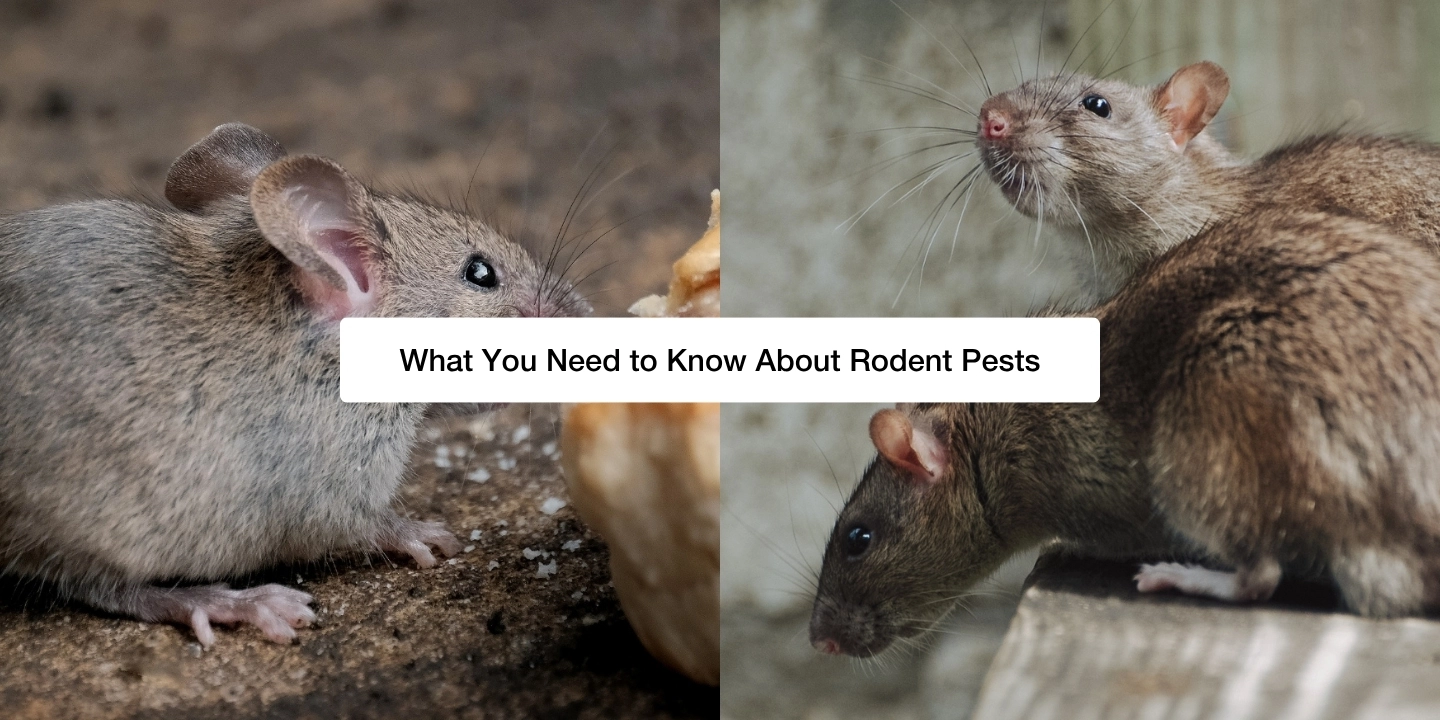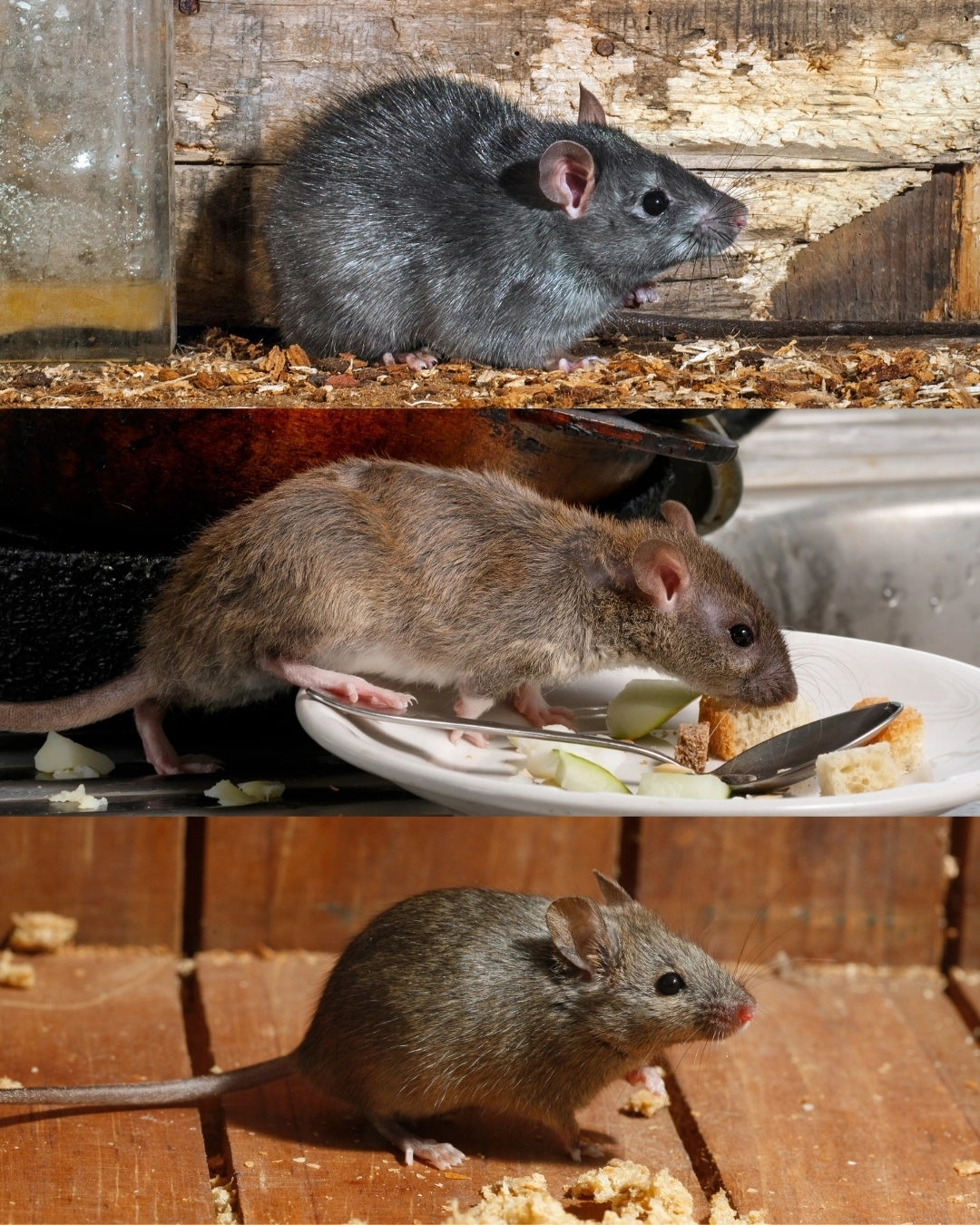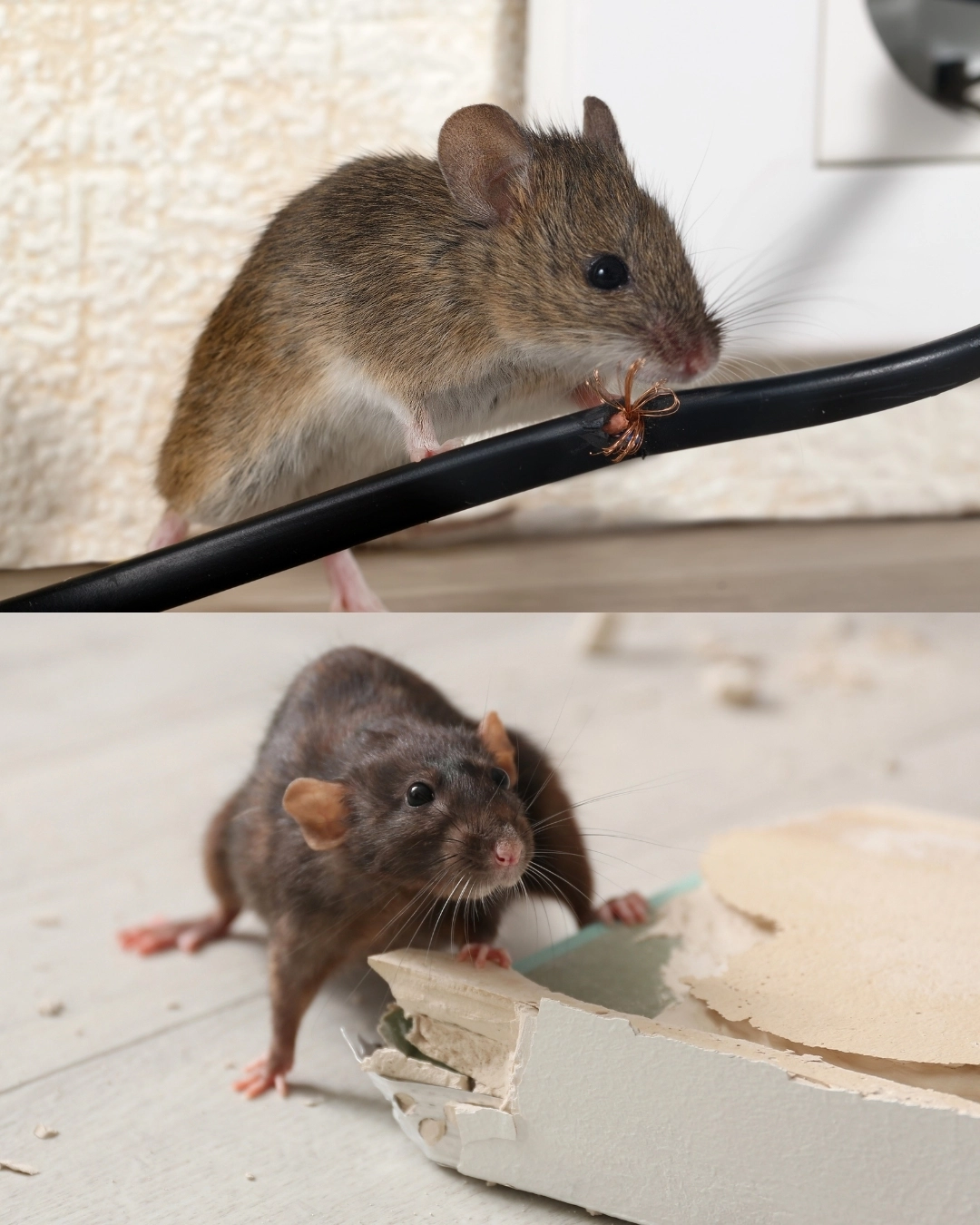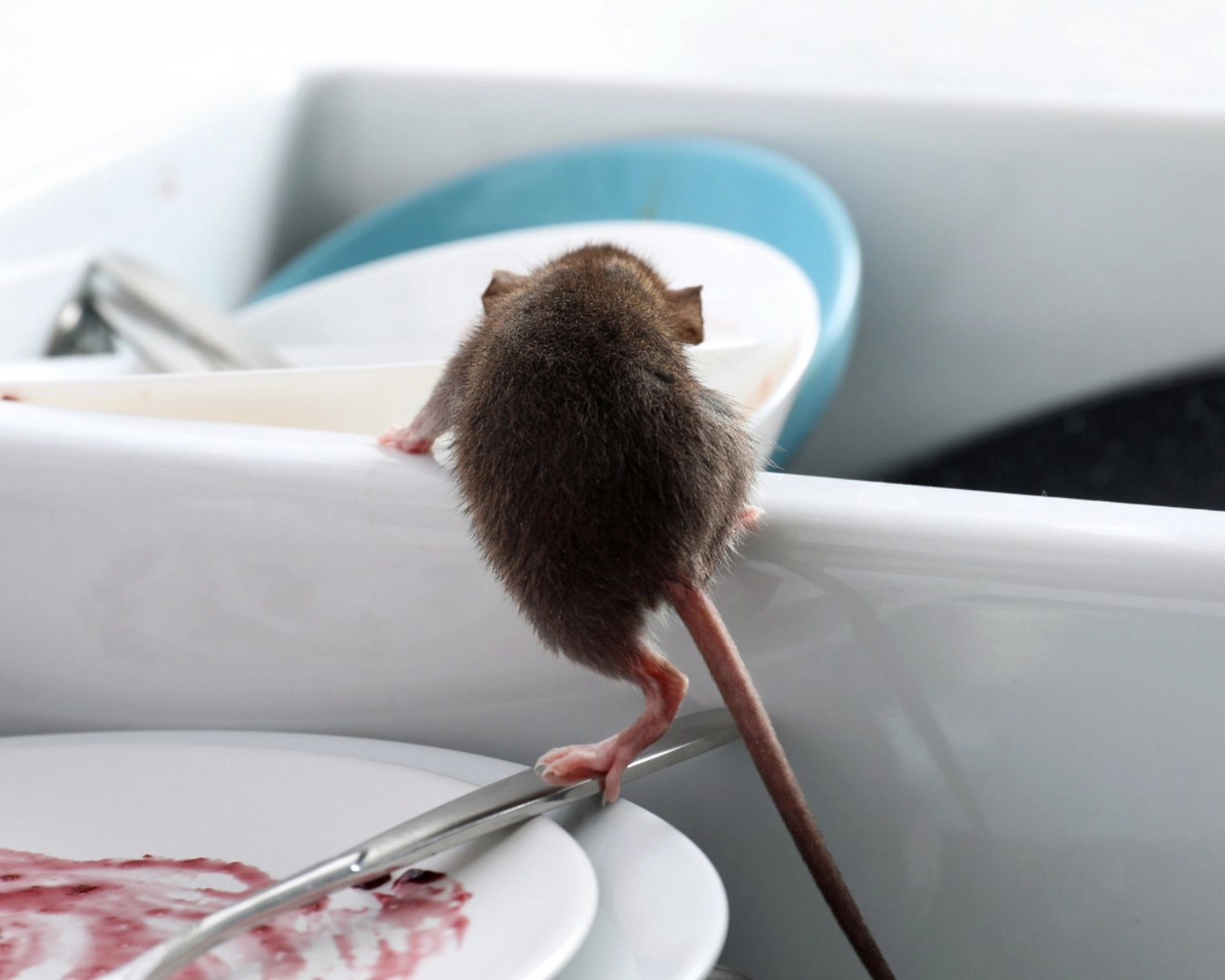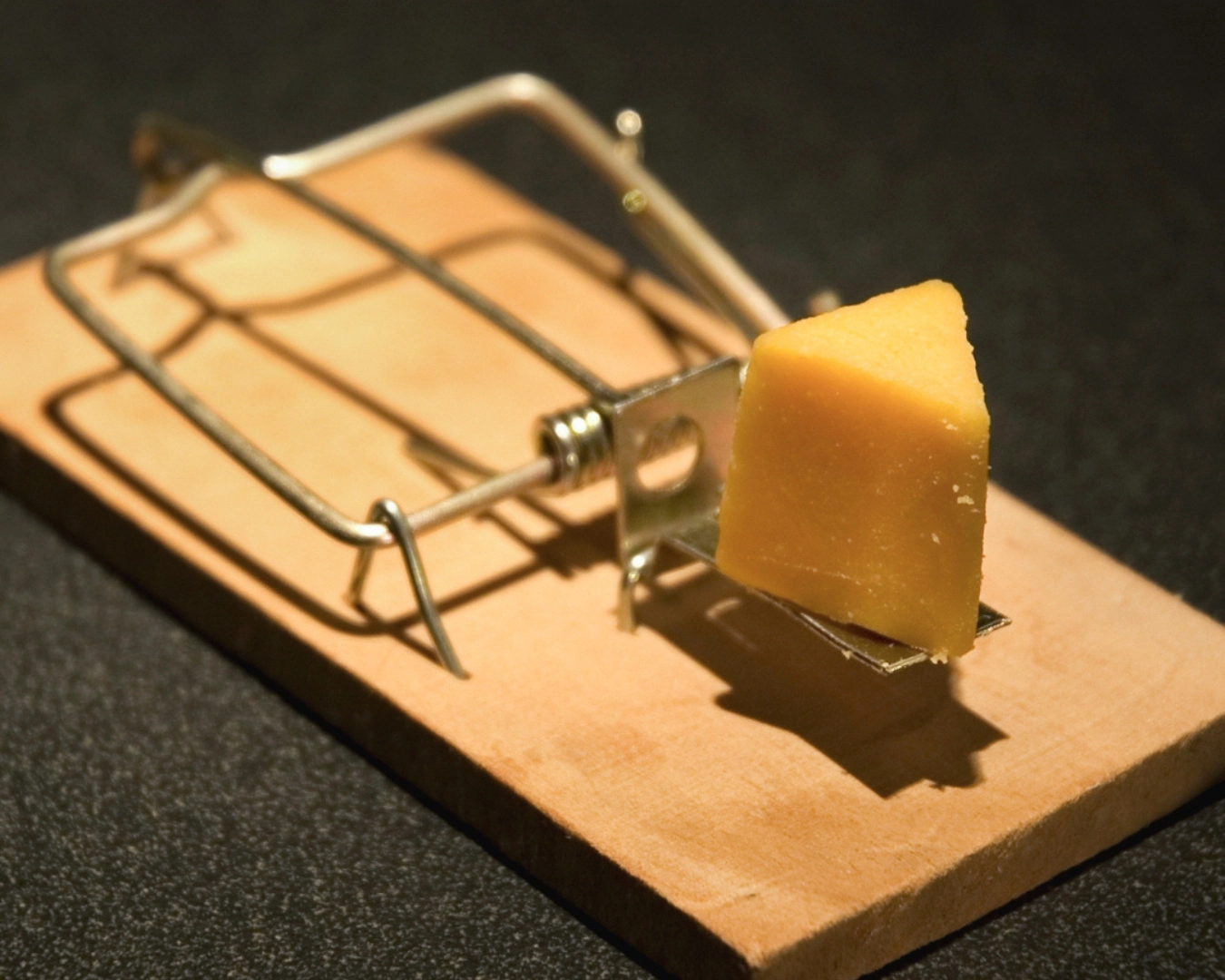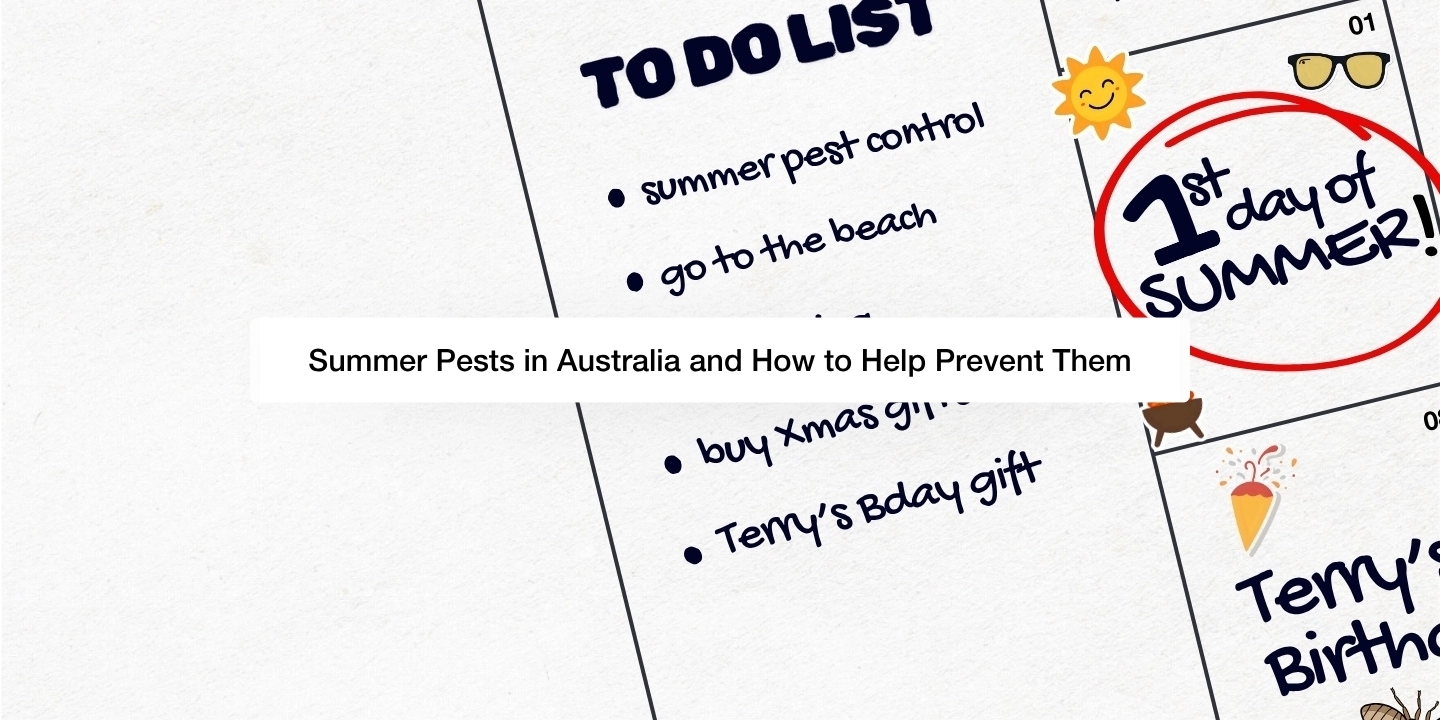Table of Contents
- Rodent biology and behaviour
- Why do rodents invade homes and businesses in winter?
- What attracts rodents to properties?
- What are the problems rodents cause in homes and businesses?
- How do you identify a rodent infestation?
- Where do rodents like to hide and nest?
- How do you get rid of rodents?
- Conclusion
- Frequently Asked Questions
Are rodents a problem around your property?
Rodents aren’t just an occasional annoyance in Australia. They’re among the most persistent and damaging pests that households and businesses encounter.
As temperatures drop, rodents seek out warm environments and easy food sources. What starts as a minor issue can quickly become a serious infestation, threatening both your property and health.
In this guide, we will cover everything you need to know about rodent pests, from their biology through to treatment options and what you can to protect your property.
Think you have a rodent infestation? Contact your nearest Termitrust Pest Control team to schedule a rodent treatment.
Rodent biology and behaviour
Managing rodent pests starts with understanding their breeding habits and behaviour.
Common rodent species in Australia
In Australia, the most common rodent pest species are the roof rat, brown rat (Norway rat) and house mouse. Each species behaves differently, but they all share a high level of adaptability and an ability to thrive in close proximity to humans.
Roof rat (top), brown rat (middle) and house mouse (bottom).
Roof rats are agile climbers and often nest in ceilings and roof voids, while Norway rats prefer lower levels and can burrow under concrete slabs. House mice, though smaller, can be just as destructive and reproduce rapidly in homes and businesses.
Download our brown rat and house mouse pest factsheets.
Rodent breeding habits
Rodents are prolific breeders.
Short gestation periods and large litter sizes mean that a minor problem can quickly escalate into a large rodent infestation in just a matter of weeks. A female mouse can produce up to 60 offspring per year and rats can have six or more litters annually.
Timely rodent pest control is therefore key to keeping them under control.
Gnawing instinct and damage
Rodents must gnaw to manage their constantly growing incisor teeth. They can chew wood, plastic, plasterboard and even electrical wiring to keep their teeth short!
Nocturnal nature and nesting
Rodents are mostly nocturnal. You’re more likely to hear scratching in walls at night than see them during the day. They often nest in dark, quiet places near food.
Common nesting spots include wall cavities, roof voids, cupboards and even behind or beneath large appliances!
Daytime rodent activity may indicate that a large infestation is present.
Why do rodents invade homes and businesses in winter?
Rodents invade our homes and businesses in winter because they seek:
- Shelter from wind, rain and cold
- Warmth to survive and breed
- Food and water, as outdoor sources become scarce
The Australian Environmental Pest Managers Association (AEPMA) reported a 12% increase in rodent-related service calls in 2024 compared to 2023¹ showing how widespread rodent pest problems have become.
What attracts rodents to properties?
It isn’t by chance that rodents infest our homes and businesses. They take advantage of properties that provide easy access to warmth, shelter, food and water.
Even the cleanest properties can attract rodents if certain conditions exist.
Five common reasons you might have rodents
Food access – Open food, pet bowls or scraps left around your property.
Poor waste storage – Uncovered and overflowing bins are feeding hotspots.
Clutter and overgrown vegetation – Clutter and overgrowth create shelter for rodents.
Gaps and openings – Rodents squeeze through tiny openings to access your property.
Access to water – Leaks and condensation give rodents water to survive.
What are the problems rodents cause in homes and businesses?
Rodents aren’t just unhygienic. They’re destructive, fast-moving pests that pose serious risks to both people and property. Here are some of the common problems they cause:
Health risks – Rodents spread diseases like leptospirosis, salmonella and hantavirus.
Property damage – Gnawing weakens walls, insulation and pipes, leading to costly repairs.
Fire hazards – Chewing wires can cause short circuits or fires.
Food contamination – Rodents can easily contaminate food with their droppings, urine and saliva, leading to stock loss, health violations and reputational damage for businesses.
How do you identify a rodent infestation?
Rodents can be quite elusive, but the signs of an infestation are often right in front of you if you know what to look for. Here are five common signs of a rodent infestation:
- Small, dark pellet-shaped droppings.
- Gnaw marks on surfaces or packaging.
- Shredded paper, fabric or insulation used for nesting.
- Dark, greasy smudge marks on walls or pipes.
- Scratching, scurrying or squeaking noises at night.
Where do rodents like to hide and nest?
Rodents are opportunistic and seek out hidden, undisturbed areas close to food and water sources. You’re most likely to find them nesting in:
- Roof voids
- Wall cavities
- Under floors
- Behind or beneath large appliances
- Garages and sheds
- Storerooms and office kitchens
How do you get rid of rodents?
Rodents breed fast, so it’s important to act early. Here are five preventive measures you can take to discourage rodents:
- Seal cracks and gaps in walls, roofing and flooring.
- Store food securely in airtight containers.
- Keep bins sealed and regularly emptied.
- Trim vegetation and remove clutter near exterior walls.
- Fix water leaks and reduce standing water.
Do DIY rodent treatments work?
Yes, DIY rodent baits and traps work and can help provide short term relief from a rodent infestation, but these methods rarely eliminate the entire problem.
Rodents can become bait shy, meaning they develop a sensitivity to the chemical smell and avoid eating them.
Professional rodent pest control services offer targeted treatments, expert advice and long-term prevention strategies that are safe for your family, pets and staff.
Learn more about our rodent pest control services.
Conclusion
Rodents may be small, but the damage they cause is serious.
Most rodent infestations can be prevented or managed early – if you know what to look for. If you’ve discovered any of these five signs of rodent infestation, it’s best to start taking preventive measures to discourage rodent activity on your property.
While DIY rodent baits and traps can help provide short term relief, it’s best to seek professional rodent pest control once you know rodents are present. Rodents breed fast and the longer they stay, the harder they become to remove.
The good news? Help is never far away.
Contact your nearest Termitrust Pest Control service centre to schedule a rodent treatment today.
Frequently Asked Questions
Q. What is a rodent infestation?
A. A rodent infestation is when rats or mice have entered a property, established nests and begun reproducing. Infestations often go unnoticed at first but can quickly escalate due to how fast rodents breed.
Common signs of a rodent infestation include small, dark pellet-shaped droppings, shredded nesting material and scratching, scurrying or squeaking noises at night.
Q. How to deal with a rodent infestation?
A. Once you’ve identified that you have a rodent infestation, take immediate action. Implement the five preventive measures we mentioned above to help discourage rodents.
DIY rodent baits and rodent traps can be used, but we recommend contacting a licensed pest control company for a safe, targeted rodent treatment before the infestation gets out of control.
Q. Why do rodent infestations get worse in winter?
A. Rodent infestations are more common in winter because rats and mice seek warmth, shelter and food as outdoor conditions become harsher. Roof voids, wall cavities and kitchens provide ideal nesting spots during the colder months.
Properties that aren’t properly sealed off or maintained are especially vulnerable, which is why preventive rodent control is essential before winter arrives.
Q. What repels rodents?
A. Rodents are repelled by certain strong, pungent smells such as essential oils (peppermint, eucalyptus and citronella), ammonia and vinegar. However, these natural rodent repellents by themselves usually only offer short-term relief.
More effective ways to repel rodents include sealing off entry points, reducing food and water access and having a rodent pest treatment conducted by Termitrust Pest Control.
Q. How do I repel rodents from my property?
A. Before contacting a pest control company for a rodent control treatment, property owners can repel rodents by:
- Maintaining cleanliness and reducing clutter indoors and outdoors.
- Storing food in sealed containers and keeping bins closed.
- Trimming back vegetation near walls and sealing off any cracks or openings.
References
1 – https://straitsresearch.com/report/rodent-control-market/australia

















